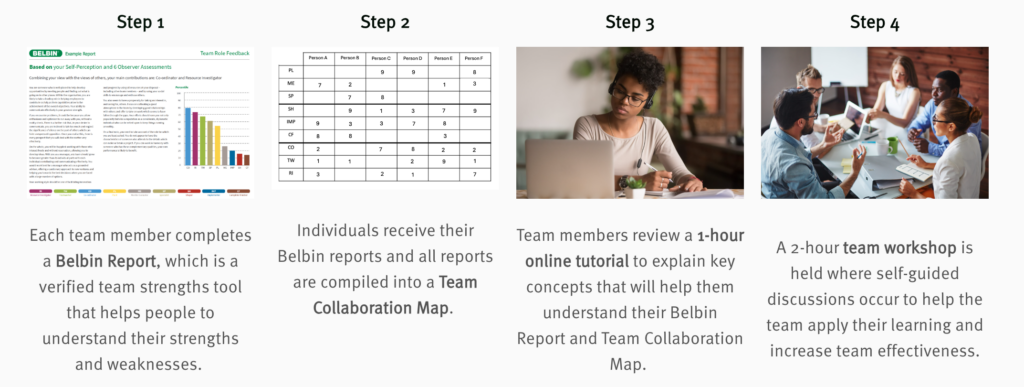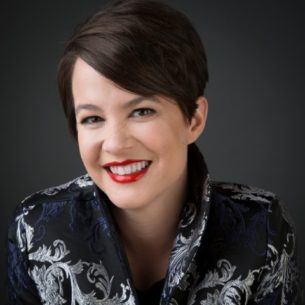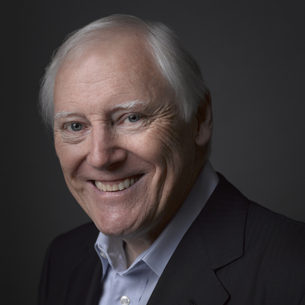An increasingly large number of organizations of all sizes are using testing (aptitude and suitability testing) to help make decisions about individuals within their organizations. The benefits of introducing testing into the workplace (whether in the context of recruitment, or for the purposes of ongoing personal and team development) include:

You need to decide exactly what you, or your organization, hope to gain from profiling individuals or a team. What information or advice do you wish to obtain that will help you with the organization’s recruitment or personal development project? How will line managers, HR, trainers, or consultants be using the information provided, and to what end?
Many psychometric or personality tests provide results that focus on an individual’s score for a series of personality traits. Bear in mind that while information regarding personality traits may be edifying for the individual concerned, it is not necessarily the most useful form of feedback for the organization. Instead, it may be more advantageous to retrieve practical advice which is grounded in 360-degree peer reviews and which is orientated towards a work setting.
Belbin is concerned with behavior: what others in your team see and experience. While this may be influenced by your personality, this is not the only factor.
It was found that different individuals displayed different Team Roles to varying degrees. Moreover, the behavior assumed might not correspond with what others observe. Whereas many psychometric tests rely on self-reporting, the Belbin assessment uses 360° feedback to give you an accurate idea of how you fit in your team.



© Copyright 2023 3Circle Partners
DBA Belbin North America
All rights reserved.



Patrick offers more than 25 years of experience with some of the most successful businesses in Europe as a consultant, change manager and executive coach.
